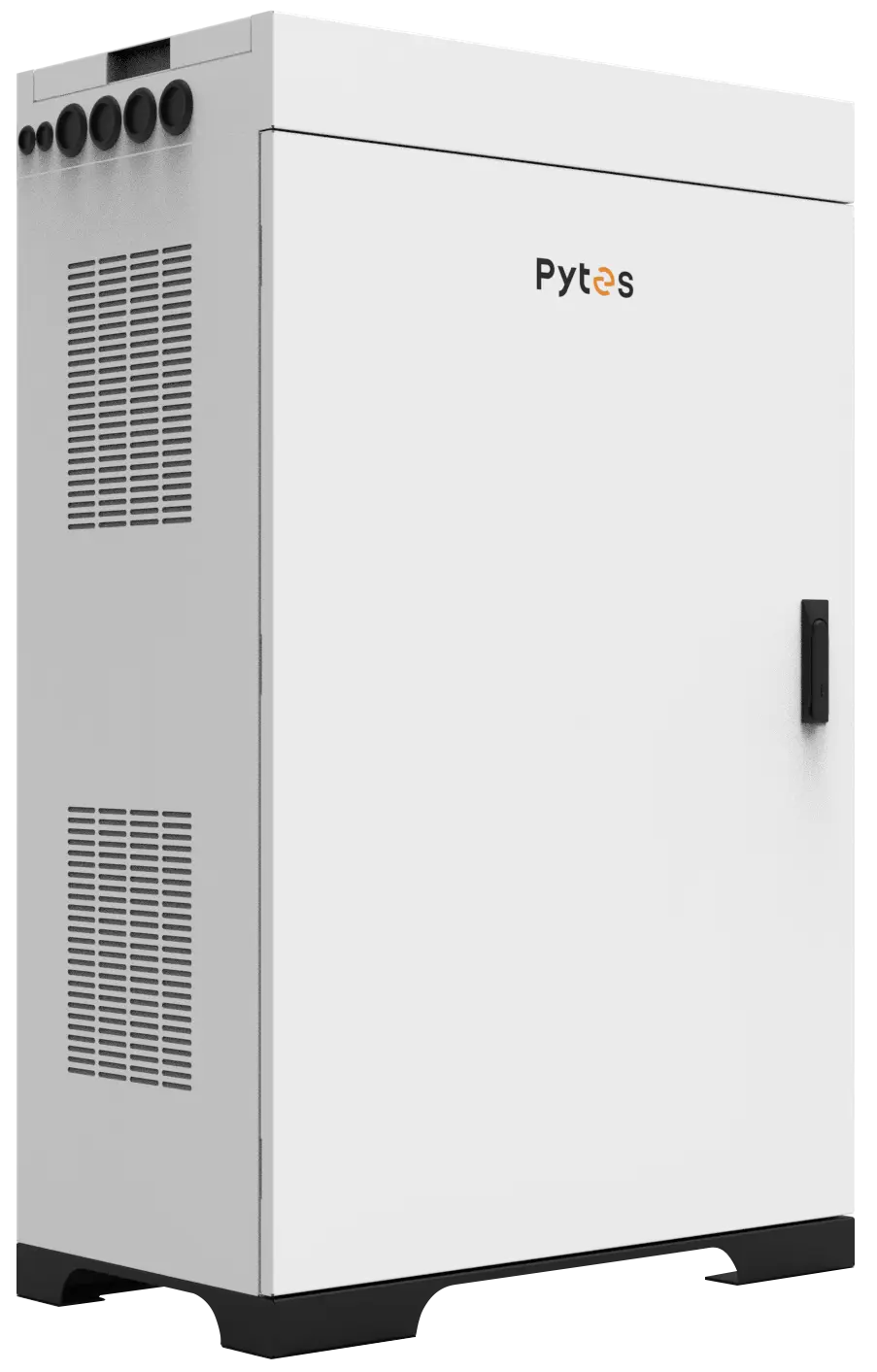
Residential energy storage system (RESS) are designed to store electrical energy generated from renewable sources like solar panels. They offer a myriad of benefits, including backup power during outages, peak demand shaving, and overall energy cost reduction. The core component of any residential energy storage system is the battery, which must be carefully selected based on various factors.

1. Energy Demand Assessment: The first step in choosing the right battery for a residential energy storage system is to evaluate the household's energy consumption patterns. This includes daily usage, peak demand times, and the duration of backup power required during outages or periods of low solar generation.
2. Storage Capacity: A battery with higher capacity can store more energy, ensuring that the household has a sufficient supply to meet its needs. This is particularly important for homes that rely heavily on stored energy during the night or on cloudy days.
3. Scalability: As energy needs evolve, so too should the residential energy storage system. Some systems offer the flexibility to expand their storage capacity by adding additional battery modules. This scalability is crucial for accommodating future energy demands without the need for a complete system overhaul.
4. Cost-Effectiveness: While higher capacity batteries come with a higher price tag, they also offer greater potential for energy savings and self-sufficiency. It's essential to weigh the initial investment against the long-term benefits and the total cost of ownership.
Pytes has developed the Forest-RB Plus, a state-of-the-art home energy storage system. With a total capacity of up to 30.72 kWh, it offers a robust solution for households seeking to maximize their energy efficiency and independence from the grid.
The Impact of residential energy storage system on Residential Energy Use
The adoption of residential energy storage systems like the Forest-RB Plus is transforming how homeowners manage their energy consumption. By storing energy generated from solar panels, these systems provide a buffer against fluctuations in solar output and grid reliability.
Moreover, residential energy storage system enables households to participate in demand response programs, where they can reduce their energy consumption during peak times in exchange for incentives. This not only benefits the homeowner but also contributes to grid stability and the overall efficiency of the energy system.
https://www.pytesess.com/industry/Exploring-the-Benefits-and-Considerations-of-Home-Energy-Storage-System.html